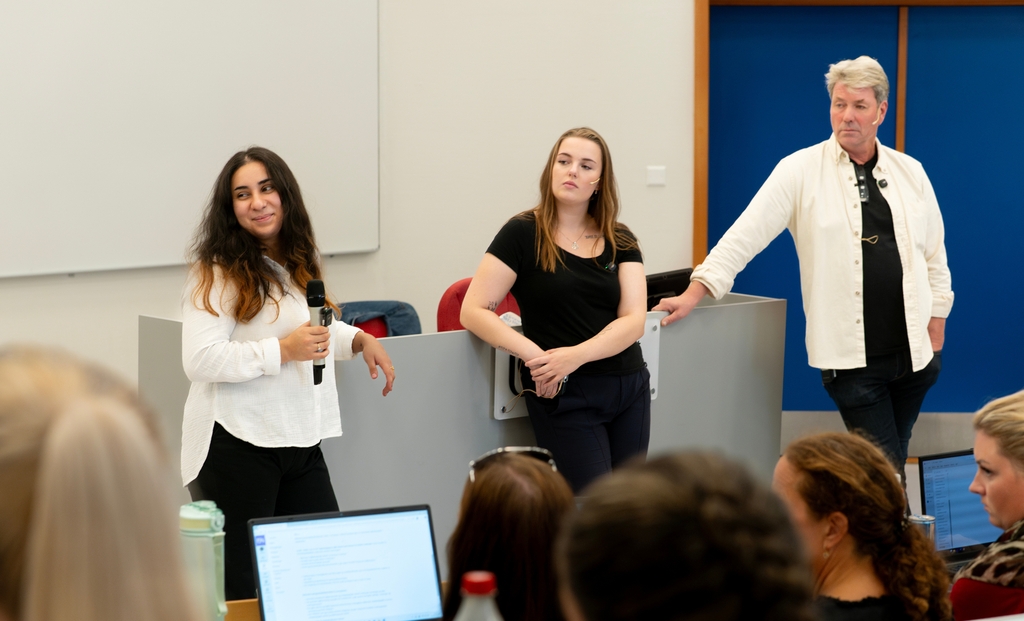WHAT KIND OF KNOWLEDGE DIRECTLY FROM CHILDREN DO STUDENTS IN THE NORDIC REGIONS NEED?
October 2025
Many of the professionals that children and young people will encounter in the future upbringing systems are now studying at universities, to become teachers, kindergarten teachers, health workers, psychologists, doctors, work in child and family welfare, police and several other professions.
What kind of knowledge directly from children do these students need? This question concerns the children and young people that the students will later encounter. They have the right to be taken seriously in this decisions concerning them, according to the Convention on the Rights of the Child (UNCRC). The students, teachers in the higher education programmes, professionals in the services, bureaucrats and politicians also have important voices in this.
Changefactory has worked on these topics for the past decade in Norway, in collaboration with teachers at various universities and educations. Now this work has gone to Nordic countries and higher education programmes in several countries have signed up. Together with teachers, students and organisations around the Nordic region, we will find out what kind of knowledge and in what ways this can be done. This is conducted with the support of Nordplus Horizontal.
Here are some of the teaching methods being tested, based on responses from groups of children and young people and in collaboration with the education programmes:
CO-TEACHING: Young people and professors teach together. In dialogues, they go into depth to find out how young people can be met in safe and useful ways. This has been tested in education programmes for child welfare workers, social workers and psychosocial workers
CASE WITH YOUNG PEOPLE: Students are divided into groups and each group meets a young person who explains a situation and shows how children and young people can express themselves in this situation. In dialogues, they work on how students can best meet young people. This has been tested in education programmes for teachers, psychologists, health workers, child welfare workers, social workers and social workers.
KICK: 4-5 young people visit the education programmes at the very beginning of their education to “kickstart” receiving knowledge from children. The young people explain what constitutes good professionalism, based on the knowledge of many children, and how they think children’s rights under Articles 3, 12 and 16 can be secured in good ways. KICK has been tested in most universities in Norway over the past years, in child welfare, teachers and social worker studies.
We look forward to continuing to gather experiences that can inspire the Nordic region – and Europe!

